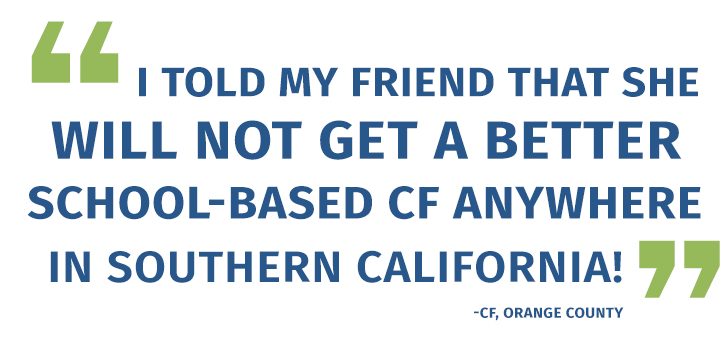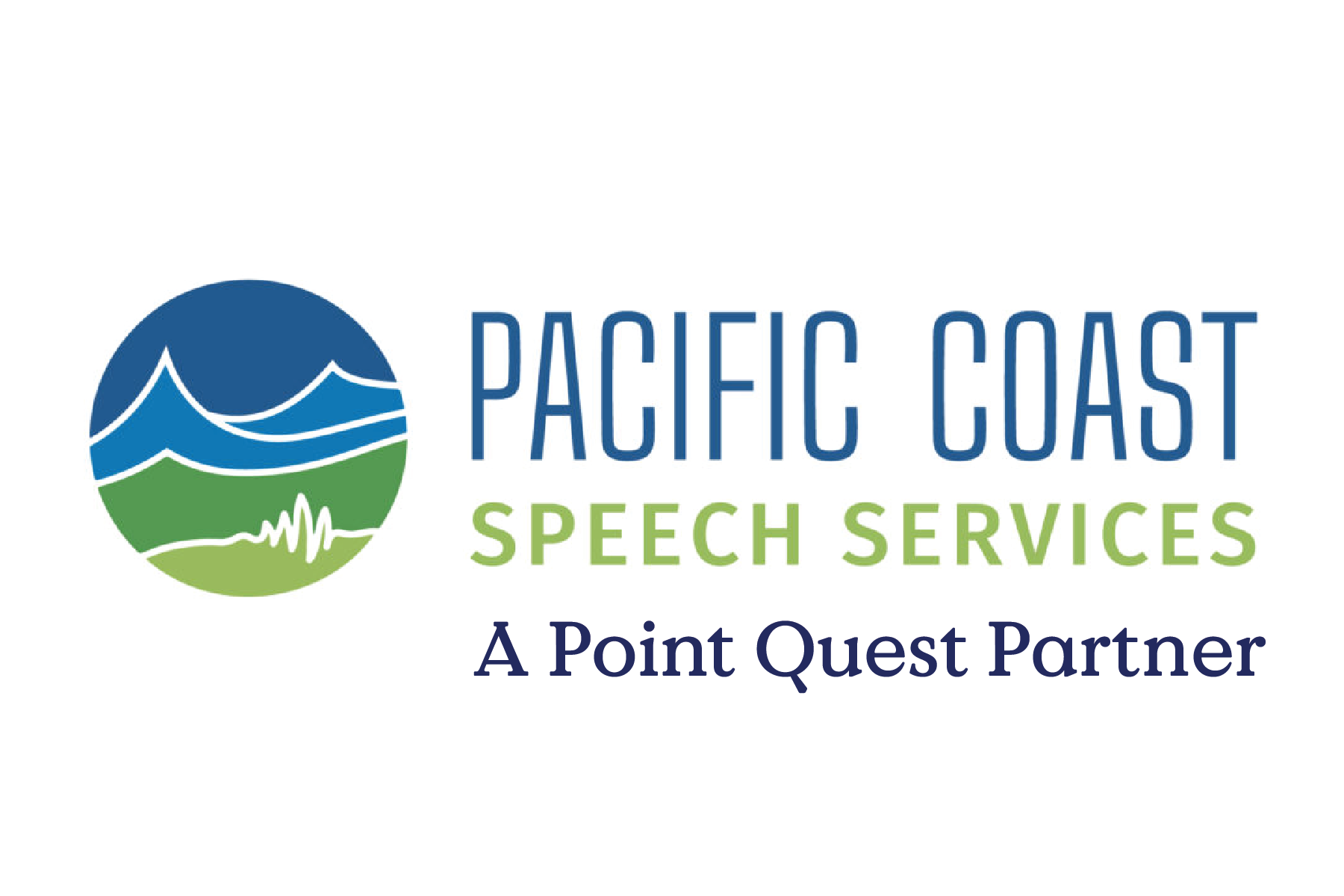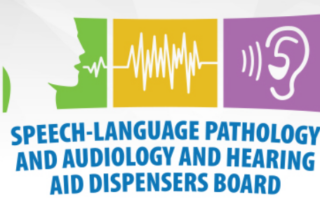WE ARE INVESTED IN HELPING CHART YOUR CAREER AS AN SLP
Pacific Coast Speech Service’s goal is long-standing relationships, not short-term placements.
Our contractors become family and stay with us for years.
Welcome to the field!
Your hard work and dedication have paid off. You are preparing to enter the field at last! Congratulations on a job well done!
Our SLP founder/directors strongly believe careful treatment of new professionals is critical to the field of speech pathology and our community. We are invested in helping you navigate the challenges of charting your initial direction.
We believe PCSS is a high-quality choice for Clinical Fellows. We provide excellent supervision, access to our online resource library, double the ASHA required supervision time, materials allocations, and monitored, manageable caseloads.
Our blog and newsletters are designed to provide practical help to SLPs working in school-based settings. This section is devoted to graduate students planning the leap to employment!

FAQ
- Look for a site where you see a long-term investment in your clinical excellence, not one that simply satisfies the requirements.
- This is where you should apply your clinical observation, intuition, and data collection skills. Easy to say, but difficult to do as a new professional. We recommend that you combine careful research with suggestions from our document “CF Tip Sheet”
No. You will not be required to obtain CEUs until after you receive your license and certification. Your first required interval for CEUs begins when you obtain a permanent license/credential/CCCs.
- With the exception of work done under a speech-language services credential in a school setting, you must complete a preauthorized Required Professional Experience through the Speech Language Pathology and Audiology Board before you may work as a SLP. Your application must include the specific work site and supervisor. RPE authorization can take up to three months. To receive your ASHA Certificate of Clinical Competence you must apply for and complete a Clinical Fellowship. The CF does not need preauthorization.
- Typically, the RPE and CF are completed simultaneously. PCSS created three resources with specific information to guide you through the processes. They are available in our resources section for download.
- CF/RPE Flow Sheet – specific steps required to complete the process
- Summary of CA Requirements for Prospective Graduates Prepared Out of State- a big picture document of what is required to work as an SLP in CA
- CF/RPE Tips – quick answers to common questions
- Be sure to consult ASHA, SLPAB, and the CTC for more detailed information; all three respond well to email.
- Pacific Coast Speech Services requires either a preliminary/clear Speech-Language Pathology Services credential or a temporary RPE/Speech Pathologist license to work in a school setting. Most districts will accept either a credential or a license, but some continue to require a credential.
- You can review the Speech-Language Services Credential Requirements on the Commission on Teacher Credentialing website. The best way to contact the CTC is by email.
- California graduate programs often confer a preliminary speech-language services credential, which expires after two years. Once you have completed your RPE/CF, we recommend that you apply for a Clear Credential, even if your RPE was not done in a school.
- More detailed information can be found in our resources section, CF/RPE Flow Chart for Credentialing/Licensing Certification for New Grads & Summary of CA Requirements for Prospective Graduates Prepared Out of State. You can verify a credential and check the renewal date here. Be sure to make note of your expiration date as you are responsible for remembering to renew this credential, not your employer.
- Yes, this is absolutely correct. As a Clinical Fellow, it is critical that you receive tailor-made instruction on managing documentation, interpreting IEPs, meeting a wide variety of timelines, forging effective parent relationships, and collecting/providing specific feedback within evaluations and IEPs.
- When interviewing with districts or agencies, ask questions about how this information is provided and expect to hear specific plans. Start your CF by asking your supervisor and others about organizational methods and tricks. Make sure you are fully supported in early IEPs. Be clear on eligibility criteria. Our Bell Curve of Student Speech and Language Skills can be a great visual to assist parents and teachers in the creation of a cohesive plan. Review our newsletter/ blog articles on creating a strong IEP team. Look for opportunities to encourage parents during these emotional meetings. Organizational hacks can also be found on blogs, Teachers Pay Teachers, and other social media resources.
I was proud of my skills when I began as a CF. I had no idea how much more there was to learn. Boy am I glad I had my PCSS supervisor at the ready!
Regardless of who your supervisor is, anyone in the PCSS community is available to give advice if you need it.
My supervisor has given me structure and organization so that I can apply my skills in the most efficient way possible.
You are an amazing team and a rare thing in the current work force.
Not only do you and my supervisor mentor me clinically, you show me how an ethical professional handles herself.








